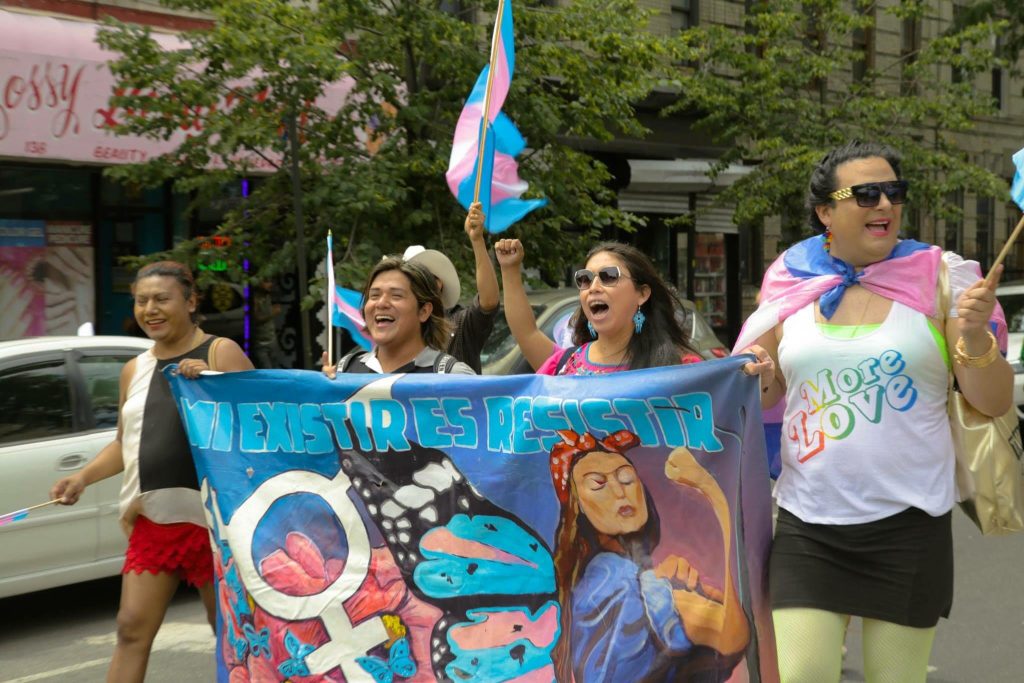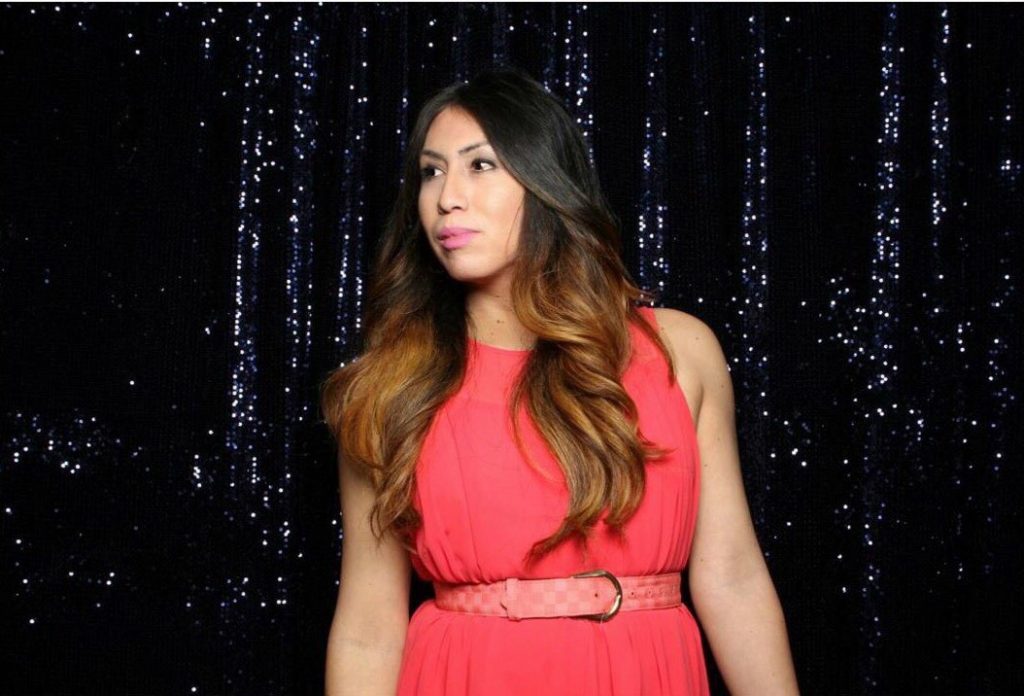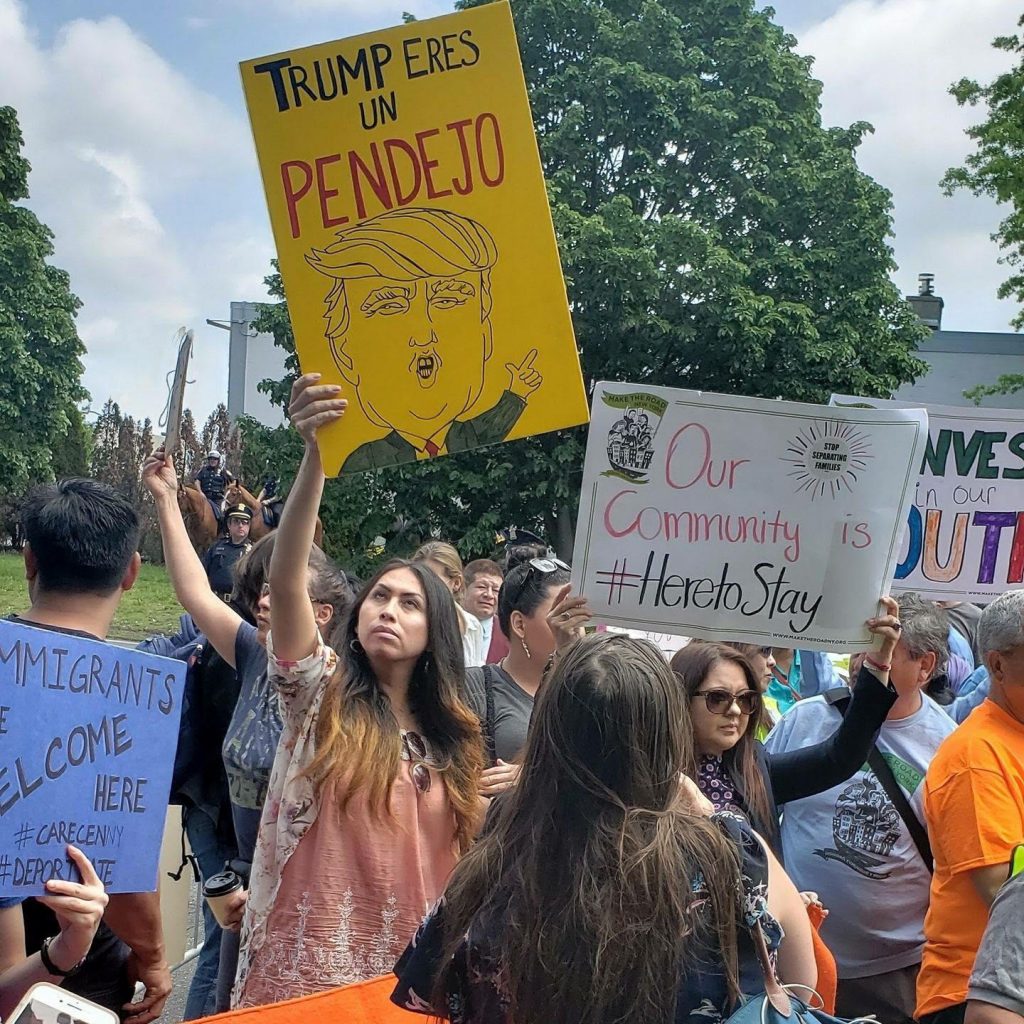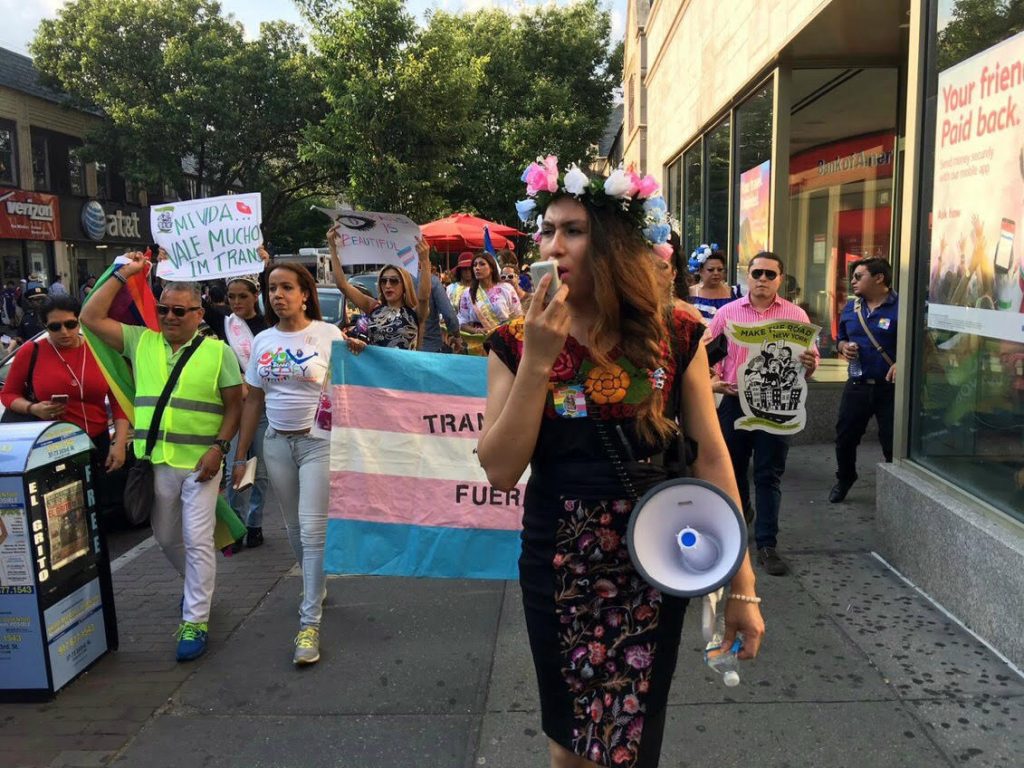Editors Note: This article is part of our Women’s Movement Series that curates articles written and supported by activists and advocates working to create a more inclusive, global women’s movement. It will run from October 2018 to January 2019. It seeks to amplify and highlight issues that need to be heard in our feminist movement.
By Morgan, Associate Editor

[dropcap]T[/dropcap]he women’s movement has glossed over the importance and necessity of a trans-inclusive movement. Trans women are often excluded from domestic violence shelters, homeless shelters and other supportive spaces, leaving them to fight homelessness, abuse and misogyny in men’s shelters, abusive homes and in the streets. Anti-transgender feminism is not only alive, it is thriving in the belly of the current women’s movement, with many women claiming that transgender women experienced the benefit of male-centered patriarchy and therefore still hold the male privilege feminism attempts to fight against.
Gabriel Morris, in her article Fitting in Nowhere: The Case for Trans-inclusive Feminism, highlights the importance of understanding non-inclusive feminism’s precarious positioning in the fight for social justice. Rooted in heteronormative and cisnormative history, trans exclusionary radical feminism has failed to address or include the issues of trans and gender nonconforming individuals. As a result, Morris says, the lack of recognition has inflamed and aggravated the struggle of trans folks today.
 Courtesy of Bianey Garcia
Courtesy of Bianey Garcia
Challenging Gender Construction
Trans women challenging gender construction also challenge the social structures that feminists seek to dismantle. Trans women and femmes’ very existence “is rooted in rebellion against gender expectations. In this era of crisis, feminists must turn to the example of transgender women and femmes, who have always been nasty.” Imara Jones, activist, host of The Last Sip, and fellow-in-residence at the New York Women’s Foundation and a 2018 VOQAL Fellow, comments on the inherent radical rebellion of trans women.

“The appeal of right-wing organizations all around the world is their emphasis on masculinity and patriarchy; that’s what they sell. We have a president that openly admits to assaulting women, which in the eyes of many enhances his ability as a leader, it doesn’t undermine it.
Trans people undermine this at its roots. That’s the reason that all of these movements are so obsessed with trans rights organizations -because they get it. They get that we have the ability to unravel the entire system that flows power to men. We need to embrace where trans people fit in feminism so that we can undermine the patriarchy and the idea of biological determination. We must attack the roots.”
Bianey Garcia, a community organizer at Make the Road New York, a non-profit organization providing services and advocacy for Latinx and working class communities, says that the Trump Administration has elevated the need for intersectional movements:![]()
![]()

“As the current administration continues the attacks on our communities, this time against trans and gender nonconforming communities, we must stand together and show that our fights are intersectional. Our trans community will continue to elevate and uplift trans and GNC lives, and use the courtrooms and streets to fight back. Our trans community #WontBeErased — not by Trump, not by his bigoted cronies, not by anyone. Our existence is resistance and we will continue to proudly affirm our humanity and our strength.”
Trans-inclusive feminism is not just a hopeful goal, it is a necessity. Compounded with the #MeToo movement and abuse that immigrant trans women are facing at the border, it is time to realize the faults of a non-inclusive movement and remedy the rallying calls. Feminism’s failure to be trans inclusionary leaves issues affecting trans women and gender nonconforming folks out of the conversation.
#MeToo Movement
[dropcap]C[/dropcap]isgender feminists’ failure to include transgender women in #MeToo narratives and fights perpetuates the dominant narrative that white cisgender and straight women are “more likely to be believed, validated, supported and made worthier victims when disclosing abuse and oppression.” When trans people speak out against their attackers, they face hostility or inappropriate assumptions about gender, bodies, and violence. Raquel Willis, national organizer for the Transgender Law Center, wrote an op-ed for INTO, highlighting the invisibility of transwomen’s issues in the #MeToo movement. “I’ve often felt like I couldn’t discuss my experiences with sexual harassment and assault because I’ve witnessed the difficulty that even cisgender women face when they disclose. My transness, queerness, and Blackness render my claims even less believable in a society that views me as inherently deviant.”

Courtesy of Bianey Garcia
Asylum Seekers at the Border
[dropcap]S[/dropcap]imilarly, immigrant transwomen fleeing violence, assault and abuse are finding themselves cornered in a system that perpetuates the same misogynistic transphobic narrative they flee from. “Nobody crosses a continent for fun,” Garcia says, “we are trans women who emigrate to this country to survive from violence and machismo.”The death of Roxsana Hernandez, despite mounting evidence, has yet to be declared a homicide. After joining the migrant caravan in the hopes of seeking asylum in the United States, Hernandez was taken into ICE custody. While cardiac arrest is cited as the preliminary cause of death, an independent autopsy indicated that Hernandez was not given proper medical care for HIV complications and dehydration. The report also showed evidence that Hernandez was beaten prior to her death. The tragic death of Hernandez culminates a long history of physical, emotional and sexual abuse of trans immigrants in ICE detention.
“We need to have tough conversations about leadership and voices. People created these systems and people can change them. We must radically restructure not in the name of tolerance, but in seeking to redistribute power.” Imara Jones
Jones mentions that the reason we need to talk about these issues now is because the systems that were installed will not change if our efforts are not radically transformed. In talking about the women’s movement, Jones mentions that while the beginnings were rocky, that doesn’t mean that it can’t evolve. “Everything starts imperfectly. The question is whether or not you can change over time to reflect what the realities are, and I think that you can. I think that you can do it by being really intentional and really radical, and that’s what is required. There isn’t anything that is preordained about things the way they are. People can choose to open them up.”

For too long, the fights against transphobia, transmisogyny and trans-exclusive feminism have been shouldered by trans women and gender nonconforming individuals. The women’s movement, with is resources, networks and platform, has the opportunity and the responsibility to restructure what feminism means. It has a responsibility to include folks who have been historically and routinely left out of the conversation as a result of its own failures. Trans-inclusive feminism is a necessity in addressing all forms of sexual, physical and emotional violence against women and fighting against the societal structures that perpetuate a society that fails so many.




